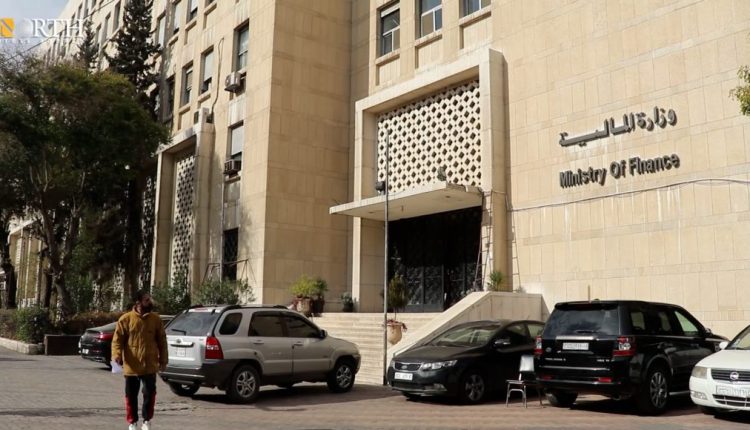Qatar and Saudi Arabia Consider Funding Public Sector Pay Hike in Syria
By Kardo Roj
DAMASCUS, Syria (North Press) – Qatar is reportedly planning to assist in financing a substantial increase in public sector salaries in Syria, with discussions also involving potential support from Saudi Arabia, according to high-ranking Arab and U.S. sources cited by Reuters on Tuesday.
The move could mark a major shift in regional engagement with Syria, where the government has struggled to address soaring inflation and widespread economic hardships following years of conflict and sanctions.
A Historic Pay Raise
On Sunday, Syria’s caretaker Finance Minister, Mohammed Abdul Halim Abazid, told North Press in an exclusive interview that the government is preparing to implement a 400% salary increase for public sector employees.
“This increase is imminent and reflects our commitment to alleviating the burdens faced by workers,” Abazid stated, without disclosing specific details on how the hike would be financed.
The announcement has sparked intense speculation regarding its funding sources, with international actors playing a potentially pivotal role.
Qatar Leads the Initiative
According to Reuters, talks are underway for Qatar to help fund the salary increase, though no agreement has been reached yet. The Gulf nation has historically supported opposition factions during the Syrian conflict but has recently demonstrated a willingness to re-engage with Damascus under specific conditions.
An unnamed Arab official told Reuters, “Negotiations are ongoing, and Qatar is at the forefront of these discussions. Saudi Arabia may also contribute to this initiative.”
Saudi Arabia’s Involvement
Saudi officials have also expressed interest in supporting Syria’s economic recovery. A Saudi official, speaking to Reuters, emphasized the kingdom’s commitment to collaborating with regional and international partners to aid Syria.
This reflects Riyadh’s recent shift toward engaging with the Syrian government, following years of strained relations due to the civil war.
U.S. Sanctions and Diplomatic Maneuvers
The involvement of Qatar and Saudi Arabia in supporting Syria financially raises questions about the impact of U.S. sanctions on such efforts.
A U.S. diplomat told Reuters that Qatar has been lobbying Washington for an exemption from sanctions to enable formal funding mechanisms for Syria.
“Qatar is pressing hard for a pathway to provide funding in a manner that complies with international legal frameworks,” the diplomat stated, highlighting ongoing challenges posed by U.S. sanctions under the Caesar Act, which targets entities conducting business with the Syrian government.
Regional Implications
If realized, the initiative to fund salary increases in Syria could signal a broader regional effort to reintegrate Damascus into the Arab fold. Gulf nations have increasingly sought pragmatic approaches to stabilize Syria and counter Iran’s influence in the region.
Analysts view this development as part of a growing trend toward normalization of ties with Syria, marked by recent visits and meetings between Syrian officials and Arab leaders.
The proposed salary hike could also provide a much-needed boost to Syria’s struggling economy, which has been crippled by conflict, corruption, and international sanctions. However, the sustainability of such financial assistance remains uncertain, especially given the complex geopolitical landscape.
As Qatar and Saudi Arabia explore ways to support Syria’s public sector, the initiative underscores shifting regional dynamics and the potential for increased cooperation among former adversaries.
While negotiations continue, the prospect of substantial external funding offers hope for millions of Syrian workers facing dire economic conditions. However, questions remain regarding the long-term implications of such efforts on Syria’s political and economic future.

